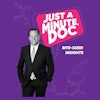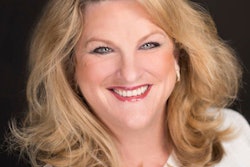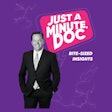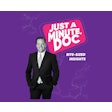
It's a new year and the perfect opportunity to review what worked last year, what didn't work, and where we need to make changes. One of the top reasons dentists get poor reviews on social media is billing miscommunications and objections. Being transparent with patients from the beginning is the best way to circumvent billing complaints.
The ADA estimated that the average dentist spends an additional $15 to $20 per patient due to COVID-19 infection control protocols. Some dentists are passing the costs along to patients by raising fees. Dentists are also raising fees because of inflation and staffing issues.
Even with the best financial strategies, the new cost of doing business usually means higher costs for consumers, or in this case our patients. Patients will mostly understand, but they will also expect a higher level of care on your part.
Below are five tips to help you be as clear and transparent as possible about the cost of care in 2022.
1. Sit down with your CPA
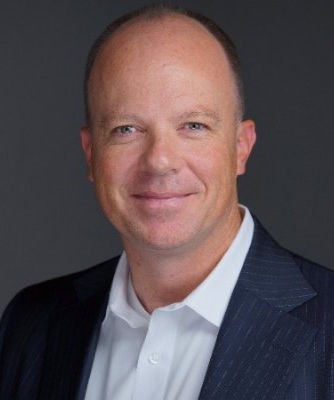 Dr. James V. Anderson.
Dr. James V. Anderson.If you haven't already, it's time to sit down with your office manager and your certified public accountant (CPA) or financial planner for new strategies. Things to check off your list include the following discussion points:
- Review your preferred provider organization (PPO) network and the fee schedules, check to see if you can raise your PPO network fee schedules, and update the fees in your computer software.
- Raise your standard practice fees based on the costs to deliver your services. A word of caution: Don't skip this step for a few years, then raise your prices by 5% or more at once. Patients are more understanding with a small fee increase every year.
- Ensure your out-of-network patients understand that there may be more cost sharing on their part. One of the most significant areas of complaint is the surprise bill to a patient who was expecting full coverage. Patients often don't understand the difference, and if you "take" their insurance, they assume you are in network.
2. Get informed consent
Open and honest communication with your patients in a calm environment is best to ensure compliance with appointments and treatment. Be clear about what procedures will be performed, shared risks, and positive benefits. Ask patients questions to make sure they understand the treatment, cost, and estimated insurance participation.
Usually, the clinicians talk about the treatment, and the businesspeople talk about payment in terms of out-of-pocket expenses and insurance limitations. As long as the same message or information is coming from both sides, the patient is assured you are all on the same page.
3. Have alternate payment methods
Have alternate payment methods for patients paying in cash, such as a dental discount plan that they purchase or an in-house discount plan. Having choices other than applying for lines of credit or major credit cards gives patients some flexibility in payment. Studies show that offering discount dental plans to patients increases treatment acceptance, and paying the discounted fee at the time of service saves on future billing costs and improves cash flow.
4. Respond to angry patients
No matter how proactive you are, you could still get an angry patient. Never sweep disgruntled patients under the rug. Their problem is your problem, and you have the power to make it right. If patients are ignored by your business team, then they will often turn to social media for resolution.
5. Separate care from billing
For the sake of building positive relationships with your patients, you may decide to separate your care from the insurance billing and collecting. Bringing in offsite or remote billing specialists to work your overdue accounts receivable is a proven way to increase revenue without losing patients.
The concept likely isn't new to your patients: Physicians have done this for years. Let the patient know that "Corporate Company" will handle the billing. However, your office will still be available to answer any questions or concerns.
Dr. James Anderson is a practicing dentist in Syracuse, UT, and is the CEO and founder of eAssist Dental Solutions. He can be reached via email.
The comments and observations expressed herein do not necessarily reflect the opinions of DrBicuspid.com, nor should they be construed as an endorsement or admonishment of any particular idea, vendor, or organization.



